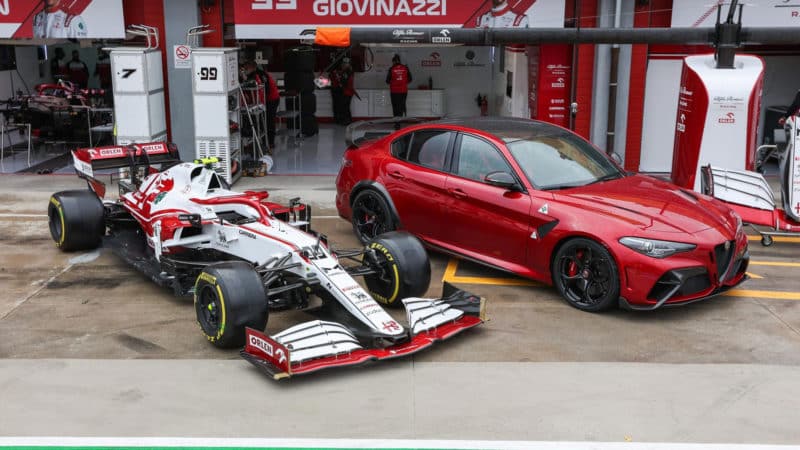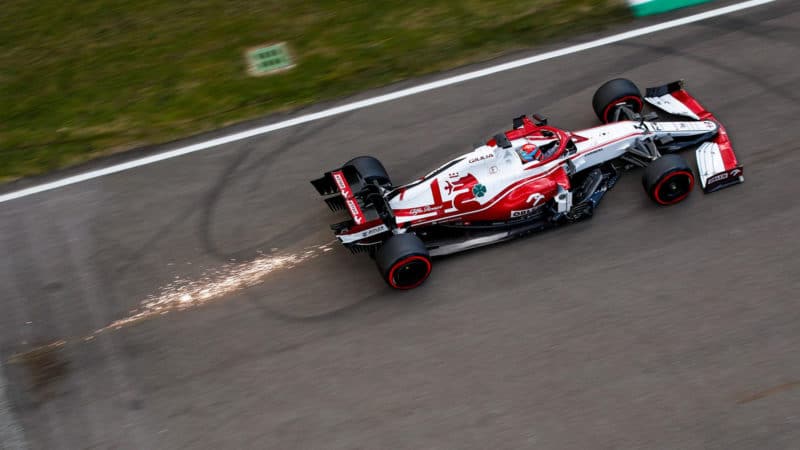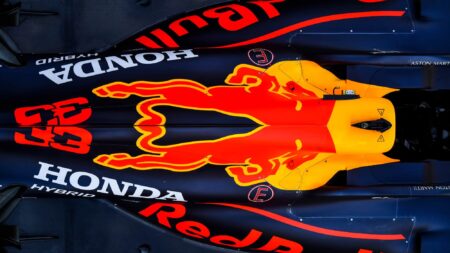Any future automotive F1 spend will likely be coming from marketing, not R&D. These are shorter-term budgets and typically considerably smaller. They lend themselves much better to the sort of deal Alfa Romeo has just extended with Sauber.
Mercedes is in the unique position – because of the success of its previous F1 investments and the unique ownership structure of the team – of having a programme that is effectively self-sustaining (although it took billions of dollars of previous R&D spend over many years). Ferrari is Ferrari and its F1 budget similarly economically watertight. Renault/Alpine needs the new cost-capped F1 that is bringing the top teams down to their level of spend to translate to being competitive with them.
Volkswagen and/or Porsche have expressed F1 interest many times in the last couple of decades but have never given it the green light. On the one hand, that was when it was significantly more expensive than the new formula will be but on the other hand when it could more easily justify it as an R&D spend. The case is still less than clear-cut.
All of which suggests that future automotive additions to the F1 grid may not be the traditional advanced engineering entities which have been attracted in the past. But rather, those just seeking to add brand allure to their name by way of a sponsorship deal. As F1 becomes more standardised, so true manufacturer teams look set to become almost extinct. This uneasy alliance is going to be how F1 survives the switch to automotive electrification, at least in the short-medium term.




